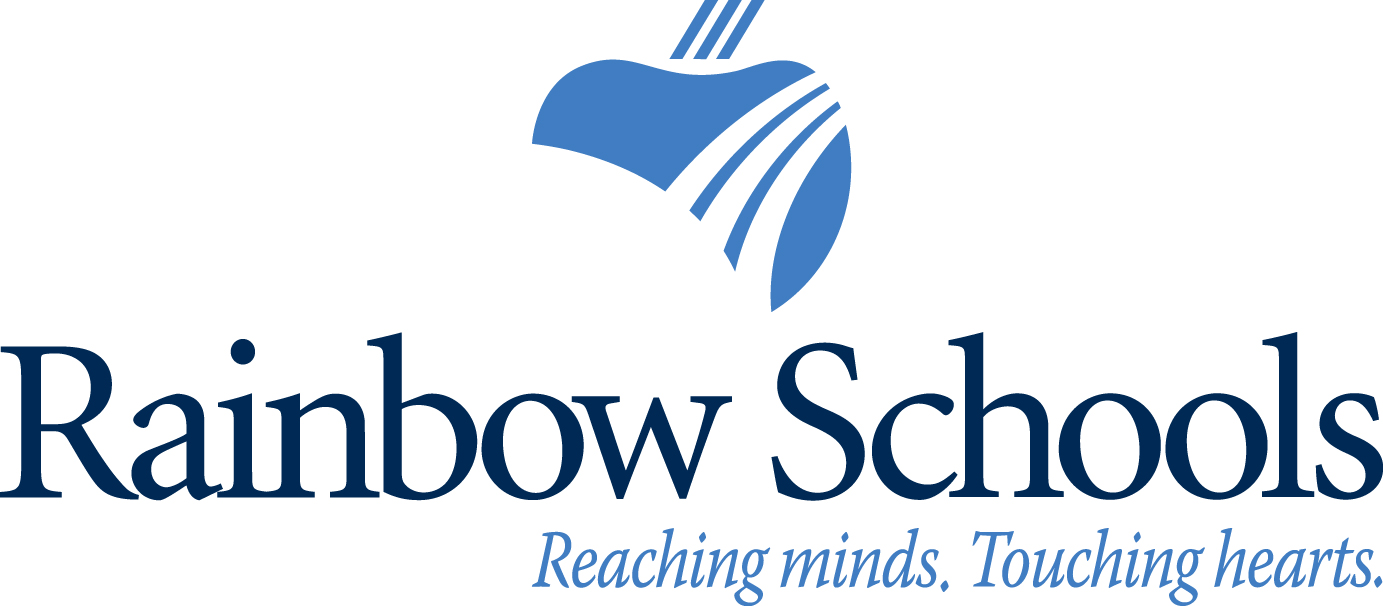M’CHIGEENG—Rainbow District School Board (RDSB) Director of Education Norm Blaseg and Dennis Bazinet, the superintendent of business, met with Island community partners recently at Manitoulin Secondary School. Intended to highlight community planning and facilities partnerships, the meeting is an annual event mandated by the provincial government’s Ministry of Education and seeks to encourage school boards to reach out to community organizations in several areas including planning information and opportunities to optimize the use of school assets.
The RDSB is committed to exploring opportunities to share facilities with its community partners when building new schools, undertaking significant additions and/or renovations, considering the use of underutilized space in schools and considering properties associated with schools that may close and sites that may be considered for future disposition.
Declining enrolments have seen the development of unused space in schools. Elementary enrolment trends for RDSB show a population of 10,029 students in 2006 and 8,650 in 2017 although the latter showed an uptick in numbers since 2013. A five-year projection of enrolment shows numbers dropping to 8,127 students in 2021. Secondary school enrolment has dropped significantly as well, showing 6,468 students in 2006 and 4,578 in 2017. A further drop to 4,349 students is anticipated for 2021.
Utilization ratings were also shown for each RDSB school. Assiginack Public School is the only one to show a good utilization rating for 2017-2018 but this drops to fair in the 2021-2022 period. Central Manitoulin Public School (CMPS) has a fair utilization rate for both periods, but Charles C. McLean Public School, Little Current Public School and Manitoulin Secondary School (MSS) all show poor rates except for the Little Current School which has a fair rating for 2021-2022.
In light of these numbers and ratings, facilities partnerships become available. The intent of these is partnerships is to reduce facility operating costs, strengthen the relationships between RDSB, community partners and the public and to maximize the use of public infrastructure, provide a foundation for improved service delivery for communities, and ultimately, improve services, programs and supports for students.
The RDSB welcomes community use of schools by outside organizations before and after school hours during the evening and on weekends and it was mentioned that MSS has a lot of space.
“We still hear chatter about Grade 7s and 8s coming to this school,” Assiginack Councillor Leslie Fields said. In response, Mr. Blaseg noted that these changes are already taking place in Sudbury schools with Lasalle Secondary School going from Grades 9 to 12 to 7 to 12. The goal is to have all schools, including the high school in Espanola, to have Grades 7 and 8.
The criteria for facilities partnerships include that the health and safety of students must be protected, partnerships must be appropriate for the school setting, partnerships must not compromise the student achievement strategy and entities that offer competing education services that are not government funded are not eligible partners.
Factors that will be considered when determining the suitability of unused space for facility partnerships includes that the space is not required for programming in the foreseeable future, suitable parking exists and there must be accessibility of the space under the Accessibility for Ontarians with Disability Act (AODA). Also, there must be the ability to create a distinct and contiguous space within the facility, separate from the students. If necessary, zoning and site restrictions will be considered as well as the condition of the facility and any other criteria as determined by the RDSB.
Also outlined by the RDSB is that the board shall have full discretion when evaluating and selecting partners. Prior to being approved, potential partners must be willing to enter into a lease or joint-use/partnership agreement, agree to operate in accordance with board policies and procedures, provide financial statements showing financial viability of their organization and present proof of criminal background checks for staff and/or volunteers working within the schools.
In making the partnership agreement, the board will provide clear instructions to potential partners regarding their rights and responsibilities as tenants, including maintenance standards and the applicability of board policies and procedures. As well, the fees charged to partners for the occupied space will include operations and capital costs, administrative costs, property taxes if applicable and any other fees deemed appropriate by the board.
Organizations/agencies interested in partnering with the RDSB are required to complete and submit the RDSB partnership application which is available online. Approval of this application by the RDSB executive council will allow the organization to be placed on the approved partner list and receive notification of potential partnership opportunities.
It was noted at this meeting that some capital is available from the Ministry of Education for partnerships for such things as new entrances and so on. Pretty well everything would be covered except cleaning.
Manitoulin has a RDSB facilities partnership in place at the Charles C. McLean Public School in Gore Bay. The Seniors’ Centre opened at this location in 2017, supported by a lease agreement signed by Gore Bay council. The arrangement meant changes to two classrooms at the school and costs were covered by the RDSB. These included new washroom facilities and more parking, all accessible. The organization moved into their new quarters in 2017 from their original spot at the Gore Bay medical centre. The centre is open to all west end residents where seniors can enjoy cards, billiards, shuffleboard and darts as well as exercise classes. Or just drop in, have a cup of tea and visit.
“The Gore Bay school was successful work,” said Mr. Blaseg. “This is what can happen.”




